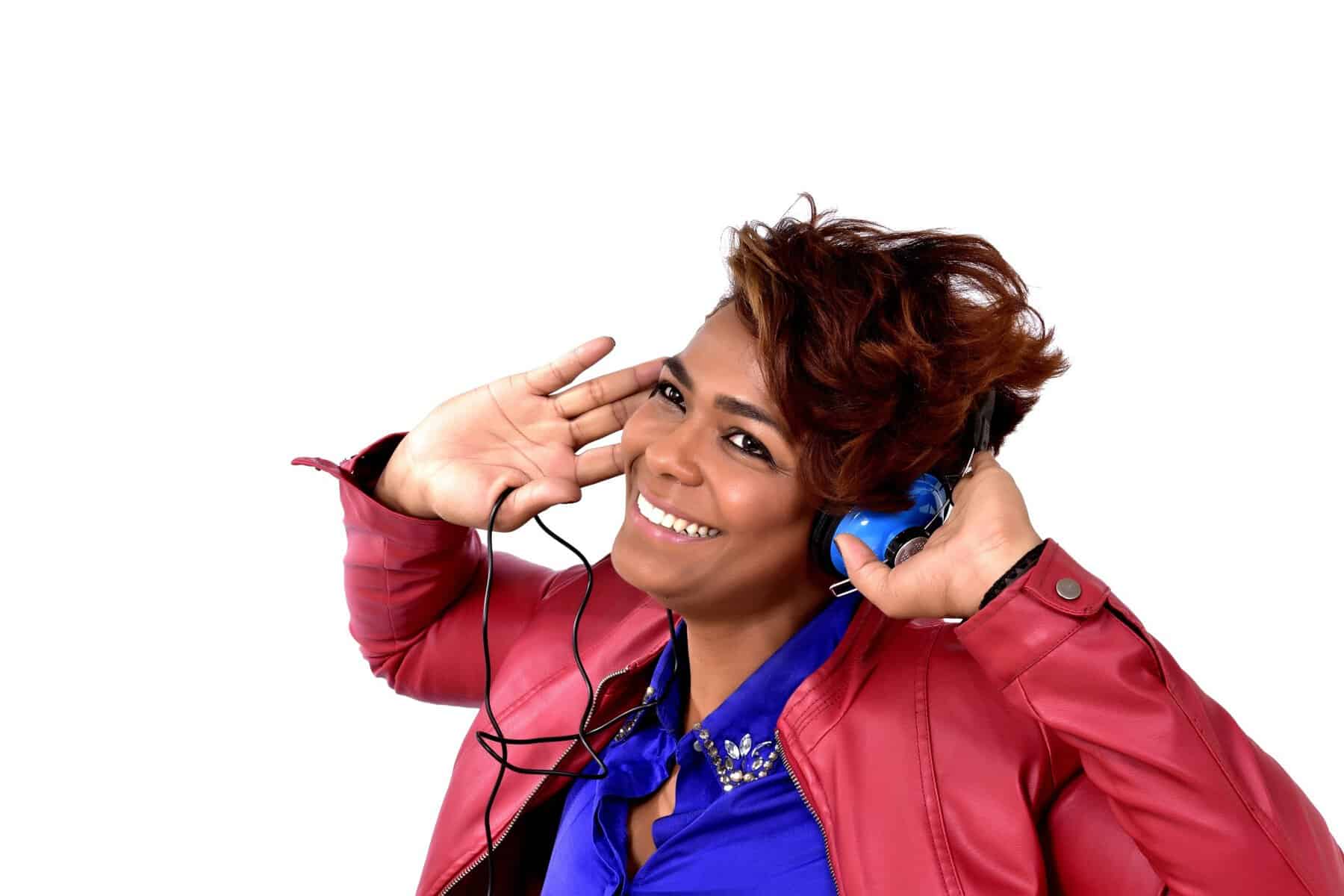Personality radio has emerged as a captivating medium that transcends mere broadcasting, transforming the way we connect with voices and stories. As listeners tune in, they are drawn into a world where hosts share their unique perspectives, entertain with humor, and create a sense of community through their engaging storytelling. This form of radio brings a personal touch to the airwaves, making it more than just a background noise in our daily lives; it becomes a companion that resonates with our experiences and emotions.
In the realm of personality radio, the relationship between the host and the audience is paramount. It is a space where authenticity reigns, allowing listeners to feel as though they are part of an intimate conversation. Hosts often share their lives, opinions, and even vulnerabilities, fostering a connection that is both relatable and comforting. This dynamic not only cultivates loyalty among listeners but also paves the way for meaningful discussions on various topics, from politics to pop culture.
As we delve deeper into the world of personality radio, we uncover its rich history and evolution. From its humble beginnings in the early 20th century to the modern-day platforms that dominate the airwaves, personality radio has continually adapted to the changing landscape of media consumption. This article will explore the significance of personality radio, the impact of its hosts, and the ways in which it shapes our understanding of the world around us.
What is Personality Radio?
Personality radio is a broadcasting format that focuses on the host's individuality and personal style rather than solely on the content being presented. It is characterized by spontaneous conversations, storytelling, and a strong emotional connection with the audience. This format encourages hosts to express their unique identities, which helps to draw in listeners who appreciate authenticity and relatability.
How Did Personality Radio Evolve Over Time?
The evolution of personality radio can be traced back to the early days of radio broadcasting. Initially, radio was primarily a means of delivering news and music. However, as the medium matured, it became clear that audiences craved more engaging and personal content. The transition began in the 1930s, when hosts like Eddie Cantor and Jack Benny introduced humor and storytelling into their broadcasts, captivating audiences and setting the stage for future personality radio shows.
What Makes a Successful Personality Radio Host?
A successful personality radio host possesses a unique blend of qualities that contribute to their effectiveness in engaging an audience. These qualities include:
- Authenticity: Hosts must be genuine and relatable, allowing listeners to connect with them on a personal level.
- Charisma: A magnetic personality draws listeners in and keeps them engaged throughout the show.
- Storytelling Skills: The ability to weave captivating narratives fosters a strong emotional connection with the audience.
- Empathy: Understanding the needs and feelings of listeners allows hosts to tailor their content and approach accordingly.
Who are Some Iconic Personality Radio Hosts?
Throughout the history of personality radio, numerous hosts have made a significant impact on the medium. Here are a few notable figures:
| Name | Show | Years Active | Notable Contributions |
|---|---|---|---|
| Howard Stern | The Howard Stern Show | 1986-Present | Revolutionized radio with his candid discussions and celebrity interviews. |
| Oprah Winfrey | The Oprah Winfrey Show | 1986-2011 | Focused on personal growth, empathy, and inspirational storytelling. |
| Rush Limbaugh | The Rush Limbaugh Show | 1988-2021 | Influenced political talk radio with his controversial opinions and strong following. |
How Does Personality Radio Foster Community?
Personality radio creates a sense of community among listeners by encouraging interaction and dialogue. Many radio shows incorporate listener calls, social media engagement, and email correspondence, allowing audiences to become active participants in the conversation. This involvement fosters a sense of belonging, as listeners feel their voices are heard and their opinions valued.
What Role Does Technology Play in Personality Radio?
Technology has significantly impacted the way personality radio is produced and consumed. With the rise of podcasts, streaming platforms, and social media, hosts have more opportunities to connect with their audiences beyond traditional broadcasting. This has led to:
- Increased Accessibility: Listeners can enjoy their favorite shows anytime, anywhere.
- Diverse Content: Hosts can explore niche topics that cater to specific interests.
- Enhanced Interactivity: Social media platforms enable real-time engagement with listeners.
What is the Future of Personality Radio?
The future of personality radio looks promising as it continues to adapt to changing audience preferences and technological advancements. With an increasing demand for authentic connections and relatable content, personality radio is poised to thrive in an era dominated by digital media. As new voices emerge and established hosts evolve, the essence of personality radio will persist, providing listeners with the companionship and connection they crave.
In conclusion, personality radio is more than just a medium for broadcasting; it is a vibrant tapestry of voices, stories, and emotions that resonate with listeners around the world. By fostering authenticity, engagement, and community, personality radio has carved out a unique space in the hearts of many, ensuring its relevance for years to come.
You Might Also Like
Mastering Logan Airport Carry On Bag Size: Everything You Need To KnowUnveiling The Mystery Behind The Naturalluvsbeauty OnlyFans Leak
Mofusand Clothing: A Unique Blend Of Comfort And Style
Unveiling The Journey Of Dave Randall In Hockey
Exploring The Thrills Of Broome Tioga MX: A Motocross Paradise
Article Recommendations
- Foot Booties Peel
- Raquel Pedraza
- 666
- Projection Of A Onto B
- What Does Inexplicable Mean
- Red Christmas Plant
- Winter Essentials Woman
- Megyn Kelly Before And After Weight Loss
- Opal Engagement Ring
- External Thrombectomy


